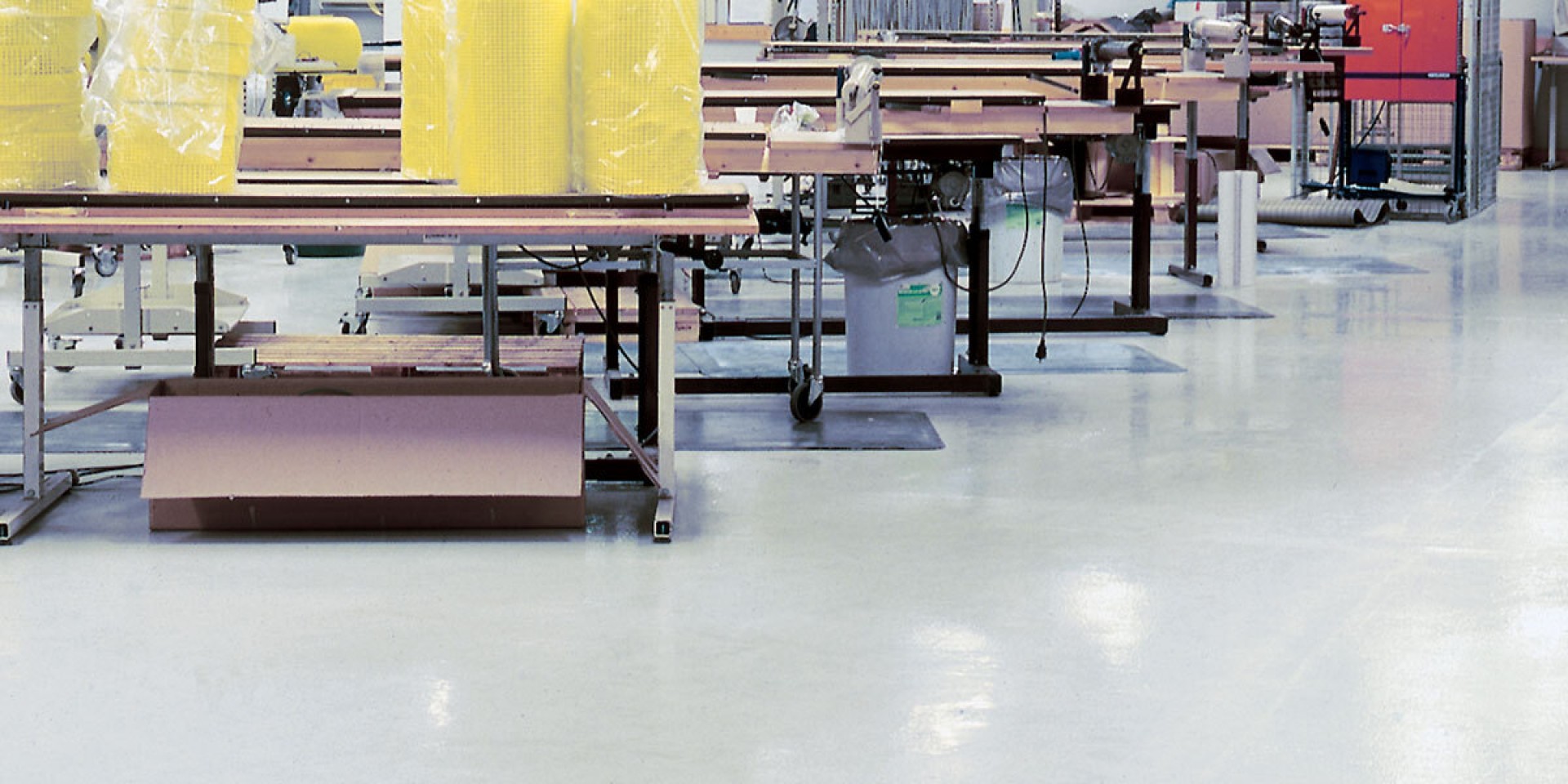The Essential Role of Chemical Processing Flooring in Guaranteeing Safety and Efficiency
The Essential Role of Chemical Processing Flooring in Guaranteeing Safety and Efficiency
Blog Article

Understanding the Significance of Chemical Processing Flooring
Chemical processing plants are special environments that encounter extreme conditions. They deal with corrosive substances, high temperatures, and heavy machinery. The flooring in such a setting needs to be not just durable; it must be specifically tailored to handle these challenges.
Key Characteristics of High-Quality Chemical Processing Flooring
Chemical Resistance: Arguably the critical feature, chemical processing flooring must resist a wide range of chemicals without degrading. This includes resistance to acids, alkalis, solvents, and other corrosive substances.
Durability and Load-Bearing Capacity: These floors need to withstand not just foot traffic but also the weight of heavy machinery and equipment, making strength and durability paramount.
Ease of Maintenance and Hygiene: Given the potential for hazardous spills, the flooring should be simple to clean and maintain. It should also be non-porous to prevent the absorption of chemicals, which could lead to contamination and hygiene issues.
Slip Resistance: Safety is a major concern in chemical processing facilities. Flooring with slip-resistant properties is essential to prevent accidents, especially in areas prone to spills or moisture.
Thermal Shock Resistance: Exposure to unexpected temperature changes is common in chemical processing plants. The flooring must be able to withstand these thermal shocks without cracking or deteriorating.
Choosing the Right Material for Chemical Processing Flooring
Materials such more info as epoxy and polyurethane are frequent choices for chemical processing flooring due to their durability, chemical resistance, and ease of maintenance. The specific requirements of the plant, such as the types of chemicals used and the environmental conditions, will dictate the best material choice.
Installation and Long-Term Maintenance
Professional installation is key to ensuring the effectiveness of chemical processing flooring. The flooring must be correctly laid to ensure it is seamless, level, and fully adhered. Regular maintenance, including cleaning and periodic inspections for any signs of wear or damage, is essential to maintain the flooring's integrity and safety.
Conclusion
In conclusion, chemical processing flooring is not just a functional requirement; it's a key component in promoting the safety, efficiency, and compliance of chemical processing plants. The right flooring solution minimises risks, improves operational efficiency, and contributes to the longevity of the facility. Investing in high-quality, durable, and resistant flooring is a smart decision for any chemical processing facility.
https://mcgepoxycoatings.com/services-main/services-industries/ Report this page